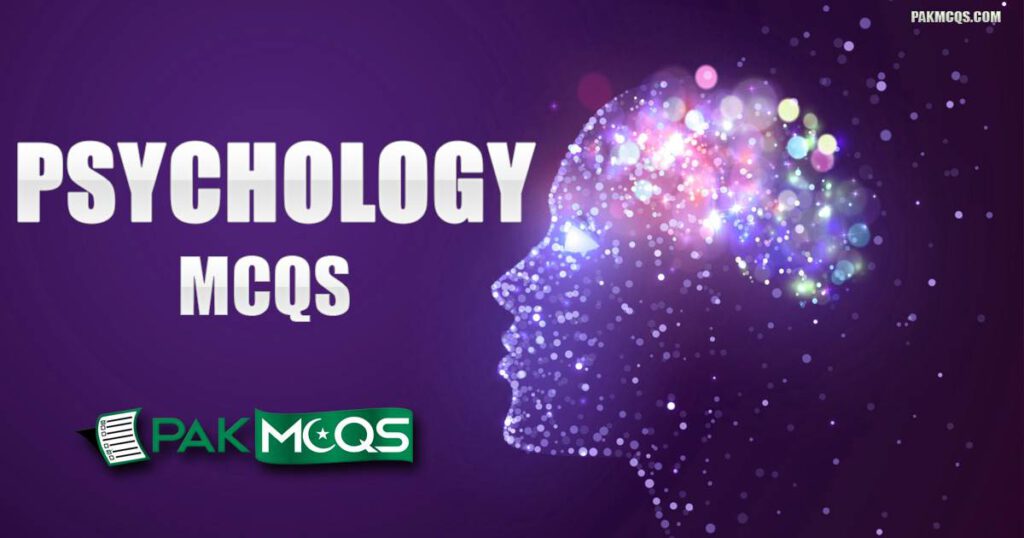A. psychosis
B. obsessive-compulsive disorder
C. conversion disorder
D. fugue
Psychology Mcqs
Psychology Mcqs for Preparation – These Multiple Choice Questions are important for Lecturer Psychology, Clinical psychologist, Counselling psychologist, Educational psychologist and Forensic psychologist Jobs tests. Psychology Mcqs questions are very important for all type of exams conducted by Fpsc, Nts, Kppsc, Ppsc, Spsc, Bpsc, Ots, Uts, Pts, Cts, Ats, etea and other testing agencies of Pakistan.
| PSYCHOLOGY MCQS | |||
|---|---|---|---|
| 1. Introduction to Psychology | 2. Emotions | ||
| 3. Therapy | 4. Memory | ||
| 5. Intelligence | 6. Infancy And Childhood | ||
| 7. Health Psychology | 8. Forensic Psychology | ||
| 9. Branches of Psychology | 10. Attitudes, Attributions And Social Cognition | ||
| 11. Adolescence And Adulthood | 12. Abnormal Psychology | ||
| 13. Social Psychology | 14. Sensation And Perception | ||
| 15. Research Methods | 16. Psychology Theories | ||
| 17. Psychological Disorders and their Treatment | 18. Personality | ||
| 19. Organizational Psychology | 20. Nervous System | ||
| 21. Motivation | 22. Methods and Approaches | ||
| 23. Methodology | 24. Major Thinkers in Psychology | ||
| 25. Learning | 26. Language And Thought | ||
| 27. Interpersonal Relations And Group Processes | 28. Industrial Psychology | ||
| 29. Educational Psychology | 30. Developmental Psychology | ||
| 31. Criminal Psychology | 32. Coordination | ||
| 33. Cognitive Psychology | 34. Biological Foundations of Behavior | ||
| 35. Miscellaneous Psychology | 36. | ||
A. anxiety
B. psychotic
C. personality
D. affective
A. a split between thought and emotion
B. having more than one personality
C. the same thing as a dissociative reaction
D. that a person is insane
A. catatonic episodes
B. paranoid schizophrenia
C. manic episodes
D. borderline schizophrenia
A. depression
B. public disorder
C. multiple personality
D. paranoia
A. engaging in behaviors that are merely inconvenient and those that are disruptive
B. having positive and negative feelings toward an object or event
C. thought that are evidence of neurosis or those that are evidence of psychosis
D. having repetitious thoughts or engaging in repetitious actions
A. somatic delusions
B. delusions of grandeur
C. delusions of influence
D. delusions of perception
A. avoids other people as much as possible
B. is relatively easy to treat effectively by psychotherapy
C. tend to be selfish and locking remorse
D. usually gives a bad first impression
A. drug psychosis
B. a substance related disorder
C. an orthopsychosis
D. a psychotropic disorder
A. brain pathology
B. a traumatic childhood
C. inconsistent and ineffective parenting
D. persistent delusional thoughts


